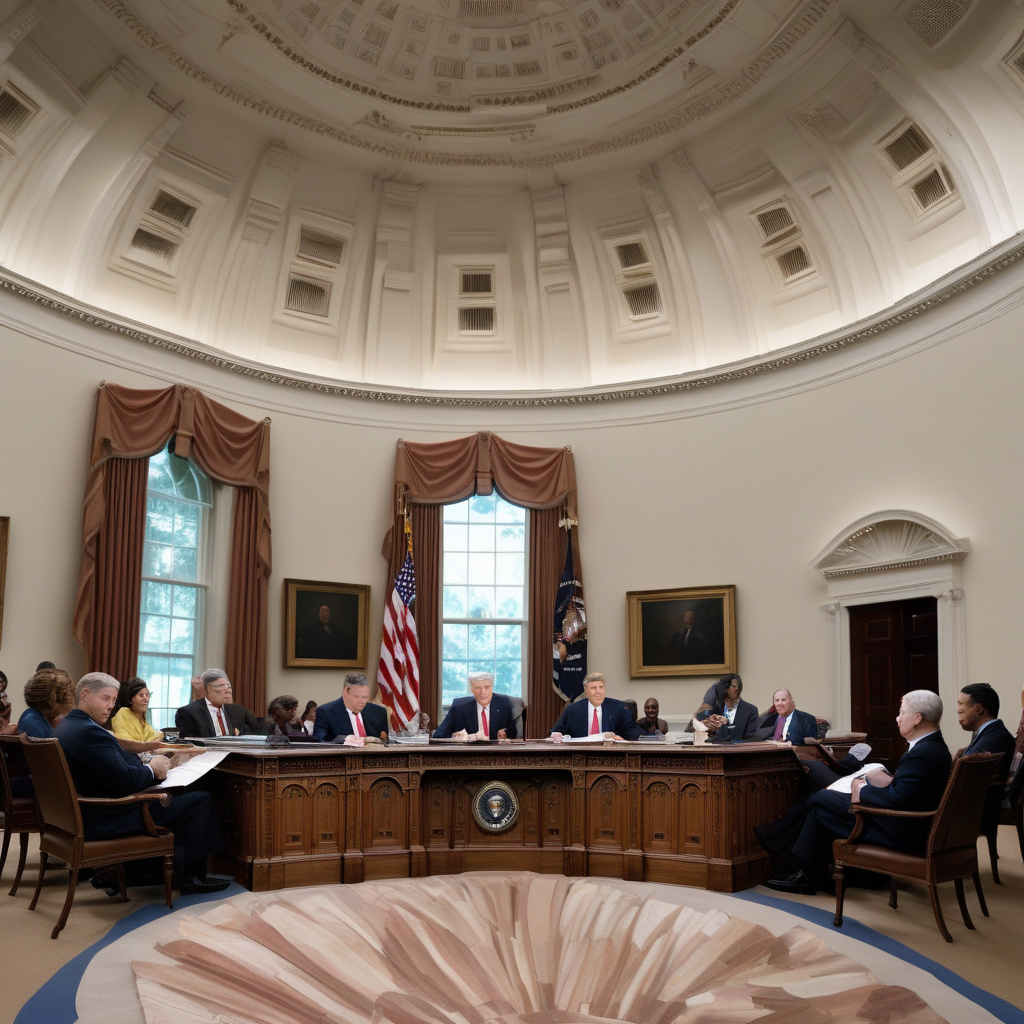The recent US budget bill, now signed into law by President Donald Trump, carries significant implications for the tech sector. While a controversial clause imposing a 10-year ban on AI regulation by states was removed before its passage, the bill remains pivotal for tech enterprises. Scott Bickley, an advisory fellow at Info-Tech Research Group, highlights that the bill introduces provisions that could reshape the strategic landscape for businesses.
One key aspect to note is the potential establishment of a national AI framework. This move signifies Washington’s growing consideration of AI regulation, with a likely focus on aspects like explainability, auditability, and data integrity. For companies investing in AI technologies, preparing for future regulatory measures is crucial as the landscape evolves.
Moreover, the bill includes provisions for permanent R&D and capital expensing that could incentivize tech leaders to anchor operations within the US. This strategic shift may impact decisions related to AI training, cloud deployment, and cybersecurity measures, prompting organizations to reconsider their global architecture in terms of data, compute resources, and compliance requirements.
Additionally, the budget allocates funds for enhancing cyber-resilient supply chains, boosting domestic manufacturing, and advancing AI-related technologies. These initiatives offer IT professionals an opportunity to renegotiate vendor agreements, particularly regarding security protocols. However, the bill also introduces challenges such as loan caps for graduate programs and increased immigration fees, potentially impacting talent pipelines in critical areas like cybersecurity and AI.
Furthermore, the Department of Energy is set to receive a substantial appropriation for collaborating with US industry sectors to leverage scientific data for AI and machine learning applications. While this move aims to drive innovation in microelectronics and energy technologies, other energy-related spending cuts and the elimination of tax credits for environmental initiatives raise concerns.
In essence, the US budget bill is poised to encourage localized innovation, incentivize capital investments driven by technology, and hint at forthcoming AI oversight measures. This dynamic landscape underscores the need for CIOs in the public sector and ESG-focused organizations to self-fund modernization efforts. As the tech industry navigates these changes, strategic adaptation and proactive planning will be key to harnessing the opportunities presented by this legislation.

